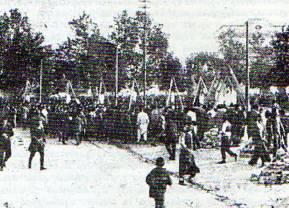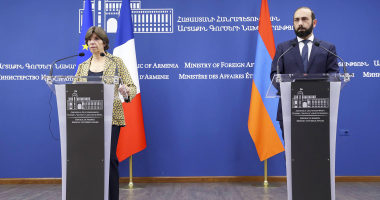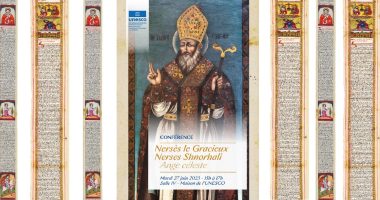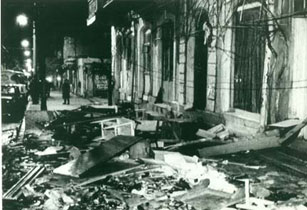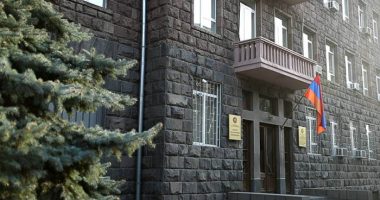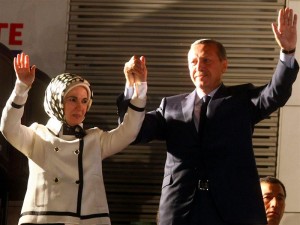

The resounding victory margin saw the socially conservative AKP increase its vote share from its 2007 poll win by more than three points to 49.9 percent.
But rather than being more powerful than ever, the result leaves Erdogan short of the two-thirds parliamentary majority needed to unilaterally reshape Turkey’s constitution, which was written after a military coup in 1980.
With 326 out of the national assembly’s 550 seats — four fewer than it gained in 2007 — the AKP is also five short of what it would need to call a referendum for a new constitution.
The prime minister is widely believed to have been planning to create a presidential system in which he would be elected president, cementing his already formidable power.
The main opposition party, the avowedly secular Republican People’s Party, raised its showing to 26 percent — its best result in 30 years — under a new leader, Kemal Kilicdaroglu.
The right-wing Nationalist Action Party (MHP) received 13 percent of the votes.
The pro-Kurdish Peace and Democracy Party (BDP) also succeeded in winning 36 seats by fielding its candidates as independents — a move aimed at overcoming Turkey’s parliamentary-threshold rule that prevents any party with less than 10 percent of the national vote gaining seats in the national assembly.
Turnout among Turkey’s 52 million registered voters was about 86 percent.
Two historians, who staunch deniers of the Armenian Genocide, gained seats in the Turkish parliament.
One of them is a candidate from ruling Justice and Development Party Seyit Sertcelik, an author of a book about Genocide denial. He is the only Turkish historian who masters Armenian.
Another historian who entered the parliament and is famous for his anti-Armenian stance, Yusuf Halacoglu was nominated by Nationalist Movement Party.
Halacoglu, former head of Turkish Historical Society, recently claimed he was fired at the request of Armenia and U.S.
No Armenian candidate was nominated by Turkish parties.
Pashinyan’s Visit to Turkey and Beyond
By KRIKOR KHODANIAN At the invitation of Turkish President Recep Tayyip Erdoğan,…
- MassisPost
- June 29, 2025
- No comments
- 3 minute read
“I Still Can’t Believe What Happened on June 20”
By LUSYEN KOPA Exactly three months ago, I wrote an article titled…
- MassisPost
- June 26, 2025
- No comments
- 4 minute read
Anniversary of the Immortality of the Twenty Hnchakian Heroes
By KRIKOR KHODANIAN 110 years ago these days, the prominent figures of…
- MassisPost
- June 15, 2025
- No comments
- 3 minute read
The Eternal Memory of the Twenty Heroes
By BARKEV TAVITIAN Every year on June 15, the global Hnchakian family…
- MassisPost
- June 13, 2025
- No comments
- 3 minute read


